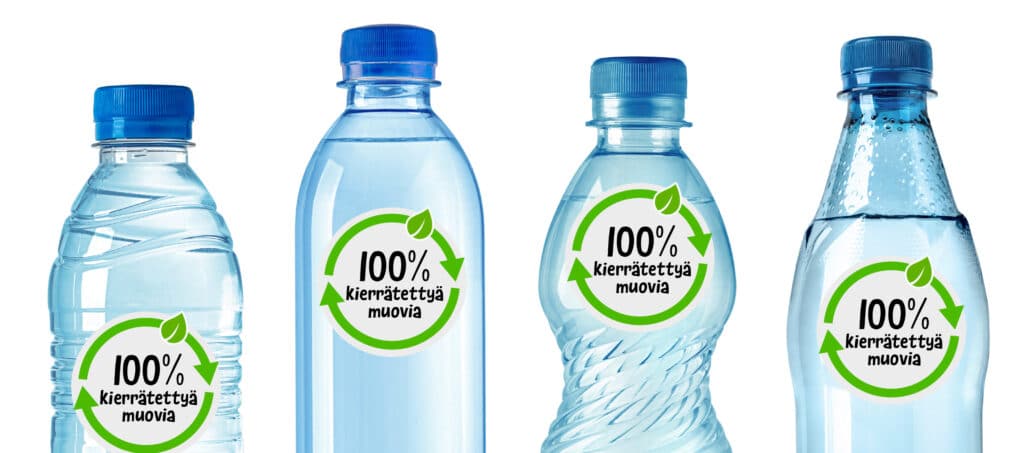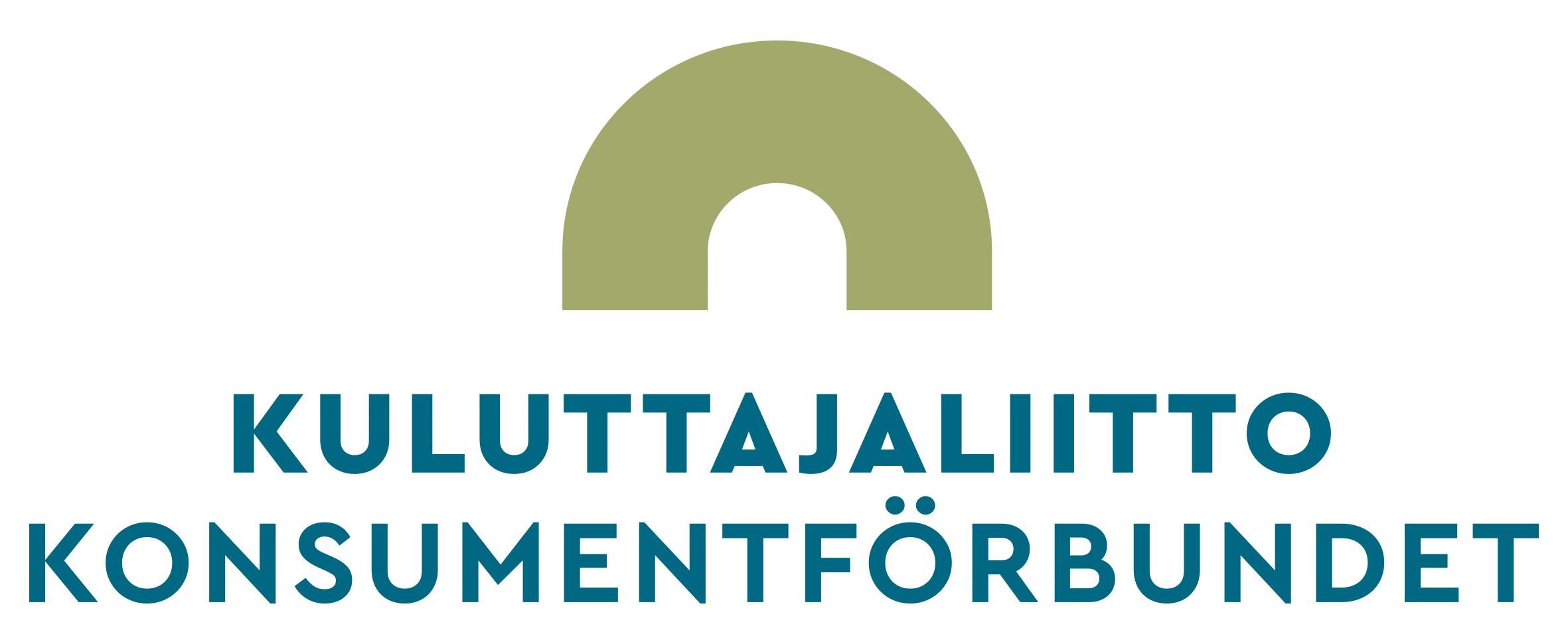There’s room for improvement in the recyclability and recycling claims of water bottles, as highlighted by a collaborative investigation by European consumer organizations. The study uncovered misleading claims on water bottles that do not comply with the EU rules on unfair commercial practices. Discover the specifics from the press release, shedding light on which green claims posed the most significant issues.
The Consumer Union of Finland joined forces with European consumer organizations in a collective effort. Working alongside the umbrella organization BEUC, consumer groups from 14 countries reported misleading commercial practices linked to water bottles to EU authorities. Today, these organizations have filed a complaint to the European Commission and the consumer authorities’ network, CPC.
On average, European consumers consume around 118 liters of bottled water annually, with 97% of this packaged in plastic bottles. While plastic beverage containers in Finland generally find their way to recycling, plastic bottles, overall, stand as major contributors to plastic pollution on European beaches.
“The claims surrounding bottled drinking water serve as an example of deceptive greenwashing. Though recycling systems perform well in Finland compared to the European average, challenges pertaining to green washing persist here as well. Additionally, Finnish consumers should recognize that conditions are not as favorable elsewhere in Europe, emphasizing the need for a critical approach to such claims, especially abroad,” emphasizes Tiina Vyyryläinen, Head of Advocacy at the Consumer Union.
The investigation reveals that green claims about bottle recyclability and recycling are often overly vague, inaccurate, or insufficiently justified. The primary challenges center around these two claims and aspects:
- 100% recyclable
This ambitious claim which hinges on factors such as recycling infrastructure and sorting efficiency. PET bottles, for instance, have an estimated recyclability rate of only 55% on average in the EU, with a 30% likelihood of being recycled into new bottles. - Made from 100% recycled material
The claim implies the entire bottle, including components, is crafted entirely from recycled material. However, EU regulations restrict the production of bottle caps from recycled material, and labels are seldom made from recycled material. In bottle production, recycled material is often blended with virgin plastic. - Various visual elements associated with greenness and responsibility, such as green color, recycling logos, and symbols
Marketing materials often use visuals that evoke mental images of environmental friendliness and ecological aspects, creating a misleading impression of positive environmental impact.
“We demand that authorities ensure consumers are not misled by such claims,” remarks Vyyryläinen. Complaints are directed at major multinational beverage retailers like Coca-Cola HBC, Danone, and Nestlé Waters/Nestlé.
Vyyryläinen underscores, “Whether it’s purchasing new clothes, opening a bank account, or buying bottled water, consumers aim to make responsible choices and seek information for support. Unfortunately, they’re currently bombarded with greenwashing, leaving them unsure of what to trust. Making responsible choices has become increasingly challenging.”
“We strive to raise awareness about greenwashing and encourage authorities to take action. That’s why we’re participating in filing complaints alongside sister organizations and our umbrella organization. Numerous initiatives in the EU aim to eradicate greenwashing from the market. However, legislative progress is gradual, necessitating swift action to guide consumer behavior towards a more sustainable direction.”
The investigation was carried out in collaboration with environmental organizations ClientEarth and ECOS.


